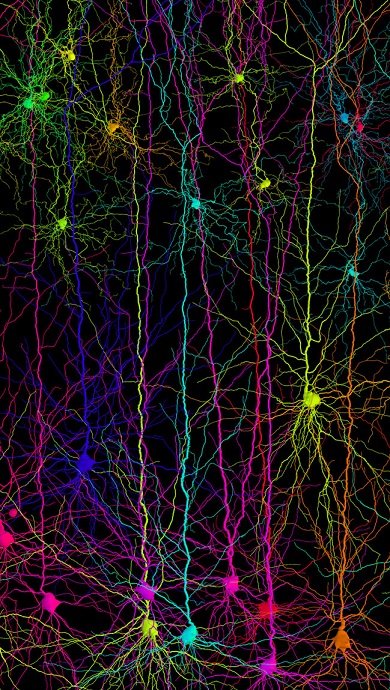Fly brains shed light our own
 Scientists have removed and analysed single neurons from fruit fly (Drosophila) embryos, which could shed a light on the causes of mental disease.
Scientists have removed and analysed single neurons from fruit fly (Drosophila) embryos, which could shed a light on the causes of mental disease.
A team from Plymouth University and Bangor University removed single identified neurons from living fruit fly embryos in order to gain insight into the control mechanism for gene expression in developing networks of neurons.
Neurons are cells that process and transmit information in the form of electrical and chemical signals in the brain.
One of the genes the team identified encodes an RNA-processing protein called B52.
A loss of B52 increases the growth of axon branches, which connect neurons and conduct electrical impulses.
B52 is also important to the synthesis of acetylcholine, a very small molecule which acts as a messenger between neurons.
The human counterpart of the fly B52 is called SRSF5. Imbalances in SRSF5 and acetylcholine production have been found in the brains of patients with bipolar disease, indicating that a link between B52 and acetylcholine may also exist in human brains and that the disruption of the link may cause severe mental problems.
“Our findings are exciting and have the potential to form the basis of drug therapies to address mental diseases in humans,” said research leader Dr Torsten Bossing.








 Print
Print